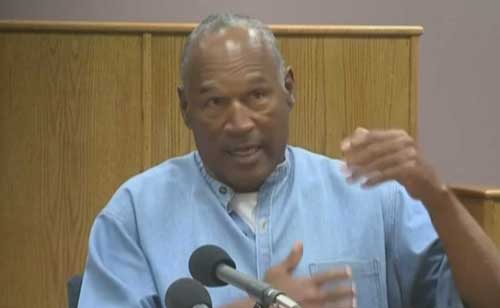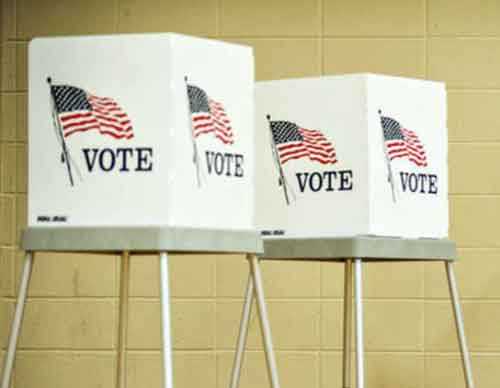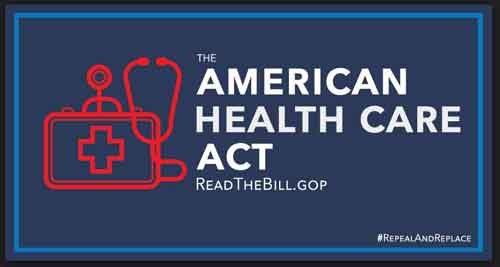With a few notable exceptions, young Iowa voters who participated in two focus groups two weeks ago said the excitement they felt heading into the 2008 caucuses is absent this year.
That’s one of the key findings of the focus groups, conducted in Des Moines on Dec. 7 by the Harvard Institute of Politics, in partnership with the Culver Public Policy Center at Simpson College. Two focus groups were held: one consisting of young Republican caucus-goers in their 20s; the other consisting of young Democrats and independents, most of whom voted for Barack Obama in 2008. John Della Volpe, polling director of the Institute of Politics, moderated the forums.
Focus group participants indicated the magic and luster they felt before the 2008 Iowa caucuses is gone. The passion that inspired record turnouts four years ago seems all but lost as frustrated Obama, Hillary Clinton and Mike Huckabee voters are searching for someone to connect and believe in again – or a platform to rally behind.
A contrasting view was presented by young voters committed to Republican presidential candidates Ron Paul and Rick Santorum.
Other key findings:
*With “change” still very much on the minds of both Republicans and Democrats, the straight-talk and bold proposals of Paul seem to be resonating strongly among young Republicans – and also among some frustrated Obama voters. Paul seemed to enjoy the most support in the GOP focus group, followed by a vote each for Santorum and Rick Perry; however, focus group participants offered little to no mention of New Gingrich. Some young Republican voters indicated they are still considering Mitt Romney, but his perceived lack of “authenticity” and his Mormon religion are potential barriers to a broader base of support. When discussing Romney and the role of religion, one young evangelical woman, who caucused for Huckabee in 2008, noted that she prefers to connect with her candidates on “all levels.”
*Both sets of participants believe almost to a person that Iowa has suffered as deeply as the rest of the country during the recession. But, compared to the rest of the country, their mood is generally more positive, optimistic and hopeful that things are turning around and that people can find happiness in their communities, personal and professional lives.
*In foreign policy, both young Republicans and young Democrats seemed to agree that the United States should not be “the world’s policeman,” and that any involvement in foreign affairs should be carefully reconsidered, focusing on finding coalition-based solutions to some of the world’s most significant challenges, such as Iran and Syria.
*Young Democrats were somewhat curious and mostly supportive of the “Occupy Wall Street” movement, which has a group in Des Moines. They appreciated the group’s passion and voice, even if the movement was not particularly well-defined in their eyes. Republicans in their focus group roundly dismissed, almost mocked, the Occupiers. Importantly, young Democrats were emphatic that the issue of “income inequality” was less of a straightforward “economic issue.F Instead, they made the case that “income inequality” was better categorized as an issue of human rights.
Harvard and Simpson College students assisted in the development of the moderator’s guide and analysis. Focus groups are a qualitative research methodology and their findings may or may not be representative of the larger youth vote population in Iowa.
QUESTIONS FOR CANDIDATES
Each participant in the focus groups was asked to write down his or her answer to the following prompt. Here are there answers. Party affiliation noted by R, D, or I. All questions are here exactly as written by the participants.
If you could ask the first question in Saturday’s debate, what would it be and to whom would it be addressed?
From the Group of Young Republican Caucus-goers:
Questions for Ron Paul:
Please briefly summarize your platform in regards to domestic economic policy. As a corollary, please define a concrete plan of action you will undertake to accomplish these goals.
– Male, Teacher, R
What would you do to empower Americans to make improvements to their own live and take responsibility for their actions?
– Female, Nurse, R
As your first act as President, what real, meaningful change would you make to turn our country’s economy around, and what would you do to ensure that this measure is taken?
– Male, Veteran and Student, R
Question for Mitt Romney:
What specific steps will you take to improve the economy within the first six months in office?
– Female, Homemaker, R
Questions for any Candidate:
With the current state of the economy, what steps should the next President take one day one to guide us towards a recovery?
– Male, Insurance Salesman, R
How do you think we could get America exporting more than importing in terms of industry, technology, etc?
– Female, Substitute Teacher, R
If you become President, would you be able to make decisions about policy that you could still justify to god himself when you die?
– Female, Student, R
What would you do if Iran attacked Israel?
– Female, Homemaker, R
From the Group of Young 2008 Obama Voters:
Questions for Ron Paul:
What qualities and experiences do you have, and what programs would you put in place to see that citizens of the US and the world’s most jeopardized populations have a chance to achieve fulfillment in their lives?
– Female, Administrative Assistant, I
What is the basis behind your LGBT views? Where did they come from? How have they manifested? How will they shape your presidency should you be elected?
– Male, IT Analyst, Principal, D
You support doing away with the Department of Education and leaving it to the state level. How would you ensure fair access to a good education to all children when the different states in our country are all in such vastly different economic situations?
– Female, Child Care Center Director, D
You are clearly gaining support because of your drastic ideas to change Washington, but we have had these promises before for change. What makes you different from what we had four years ago and how would you speak to those who were disappointed from being hopeful in the last election?
– Female, Retail, D
Questions for Mitt Romney:
Why did you sign a defense of traditional marriage agreement along with Bachmann and Santorum when you refused to sign a similar agreement presented to you by Bob Vander Plaats in Iowa on the grounds that doing so what inappropriate for a presidential candidate?
– Male, Barista, I
What specifically are you going to do to unify Congress in order to implement important pieces of legislation?
– Male, Farmer, D
Where do you stand on LGBT issues and what would you do to improve rights?
– Female, Unemployed, D
Question for Mitt Romney and Newt Gingrich:
Bipartisanship, cooperation, collaboration. As you’ve likely noticed, these three tenants are invaluable tools to have, hold, and practice when occupying the office of the President. Please identity one or two instances during President Obama’s administration in which bipartisanship, cooperation, and collaboration would’ve proved particularly useful in addressing a critical national concern? How did your party or party leaders respond? How would you have responded differently or similarly?
– Male, Data Processor





